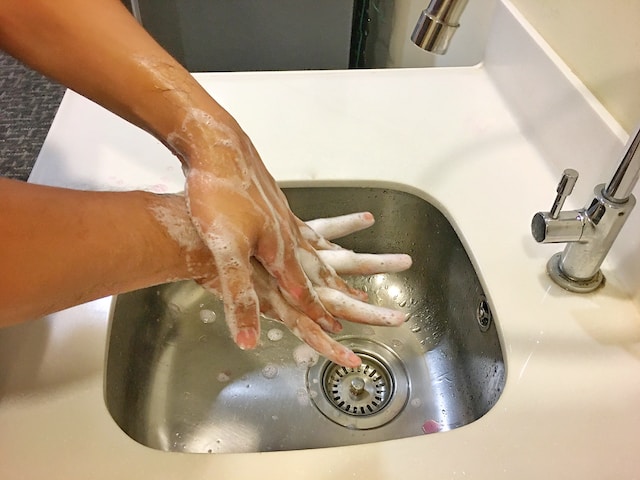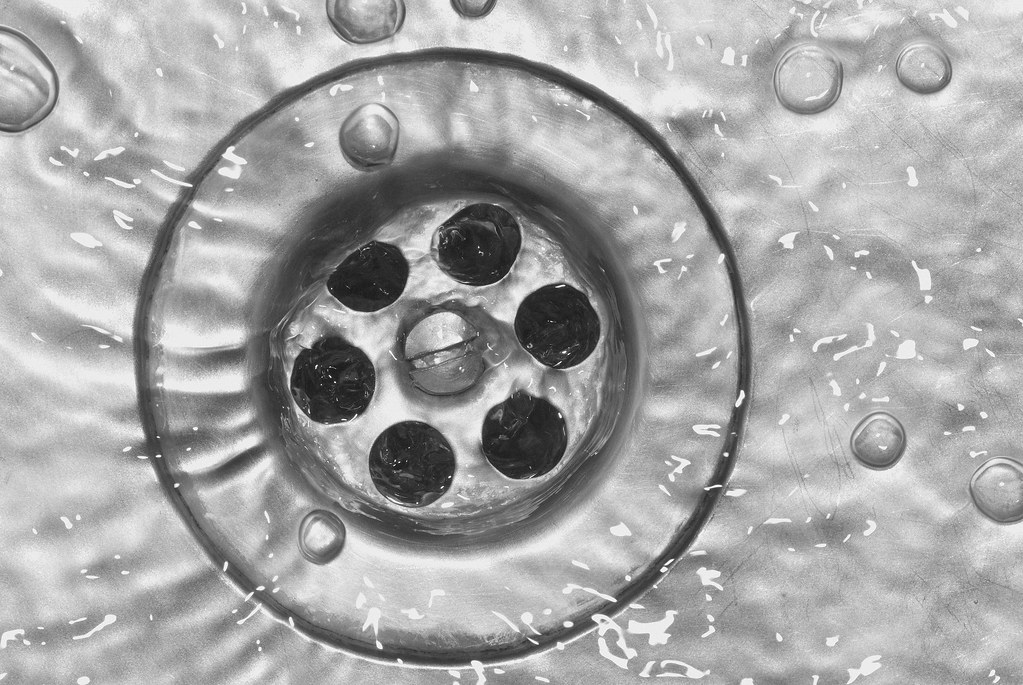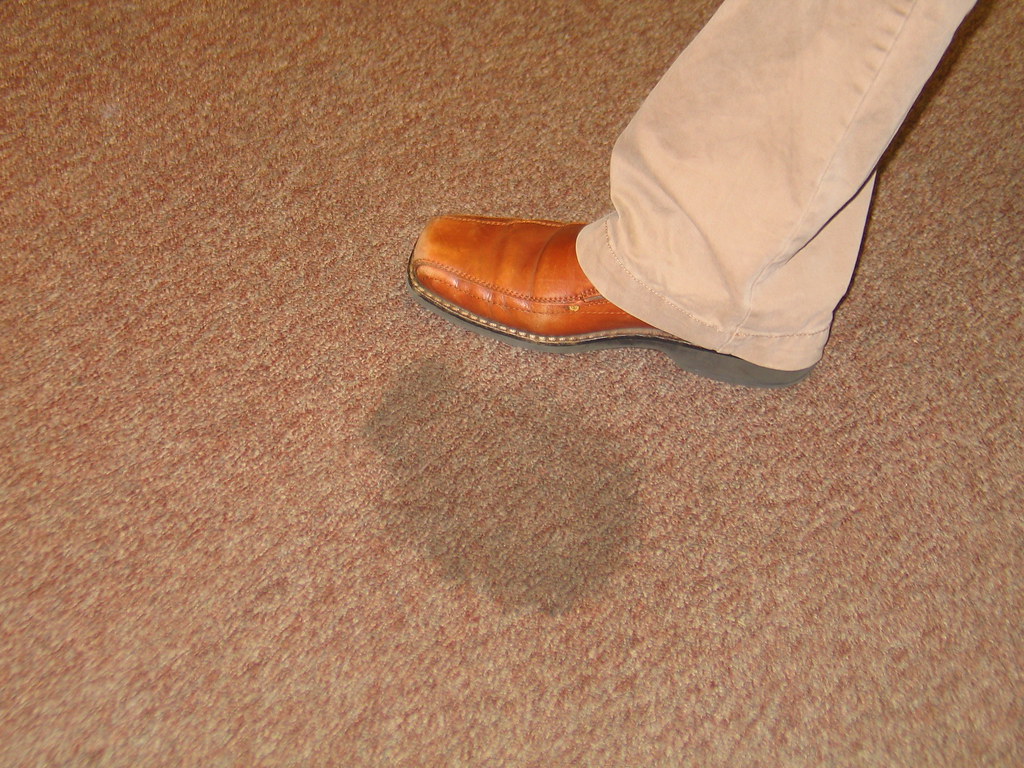On the Barista Exchange, a members-only networking organization of coffee shop owners and managers, one member wrote that hiring a “commercial janitorial service can be a lifesaver for coffee shop owners strapped for time” and is one way to “keep your coffee shop looking lovely and wonderful.”
For cleaning contractors looking for new business opportunities, where you get your morning “Joe” might be the place.
Why? Coffee shops that hire cleaning contractors often hire one vendor to clean many shops, making this a lucrative opportunity as well. Further, the coffee shop industry is very competitive. Serving great coffee is not enough. Your customer wants your shop to shine.
However, according to Hannah Jonasse, marketing director for ProNatural Brands, LLC, marketers of citric-acid-based cleaning solutions made from FDA approved food additives, before venturing into coffee shop cleaning, there are a few things contractors need to know:
- Create a cleaning checklist. This should be included in your cleaning proposal and used as a guide for workers, detailing what tasks must be performed each visit.
- Cleaning starts at the front door. Scan the shop’s exterior, checking if outdoor seating areas need cleaning, if trash and debris need to be removed, and if there are any landscaping issues that should be brought to the manager’s attention.
- Clean the prep area first. As with a restaurant kitchen, this will be very soiled. Cleaning it first prevents debris from landing on a just-cleaned floor.
- The stainless must be sparkling clean. “Sparkling clean” stainless translates into safe and healthy to your customers.
- Cleaning espresso machines is not your job. The coffee shop staff are tasked with cleaning the espresso machine parts, brewers, blenders, and other equipment. Your job is to clean the exterior of these machines.
- Wipe clean the condiment section. View this as the “mess magnet” of a coffee shop. Everyone uses it. It needs to be detail-cleaned and restocked each visit.
- Use environmentally friendly cleaners and sanitizers. This is also true to clean high touch areas of the coffee shop. Citric-acid-based sanitizers are often used in the food service industry because they are made of FDA approved ingredients and because they can reduce pathogen numbers to safe levels without the need for more powerful (and often more costly) disinfectants.
- Floors can make or break a coffee shop. Upon closing, the coffee shop staff usually cleans tabletops and places chairs on top of them. Consider vacuuming the floor instead of sweeping. It’s more detailed and prevents dust from becoming airborne. Then mop with an environmentally friendly cleaning solution.
- Most coffee shops require their staff to clean restrooms throughout the day. However, your job is to take this cleaning to the next level. Check walls, high touch areas, make sure metal areas are sparkling clean, check the vents and make sure those are clean. Very often coffee shops do not have windows in their restrooms. Clean vents help keep restrooms odor free.
- Windows may need to be cleaned each visit, at least to remove fingerprints. You and your customer will need to discuss frequency levels.
There is one more thing we need to discuss and that is what the contractor is not responsibility to do or clean, adds Jonasse. Among these are the following:
- As referenced earlier, the staff are responsible for cleaning tabletops and placing chairs on tables. The staff should make it as easy as possible for your crew to start cleaning, including picking up the chairs.
- Inside ovens, microwaves, blenders, fryers, exhaust hoods, (if installed), and refrigerators are typically handled by the shop’s staff or, for the exhaust hood, an outside vendor.
- Coffee shops will have milk frothiers. Again, the exterior must be cleaned. Staff takes care of the “guts” of the system.
To generate business, cleaning contractors are encouraged to contact chains of coffee shops or those that have multiple locations in a community. Some convincing may be required to convince local owners and manger that hiring a contractor saves time, ensures quality consistency, and ultimately, is a cost savings. Stick with it and use these tips as to what to do and not do can help contractors better determine how much to charge – and how much profit – they need to make to clean coffee shops.
Robert Kravitz is a former building service contractor from Northern California. He can be reached at [email protected]






